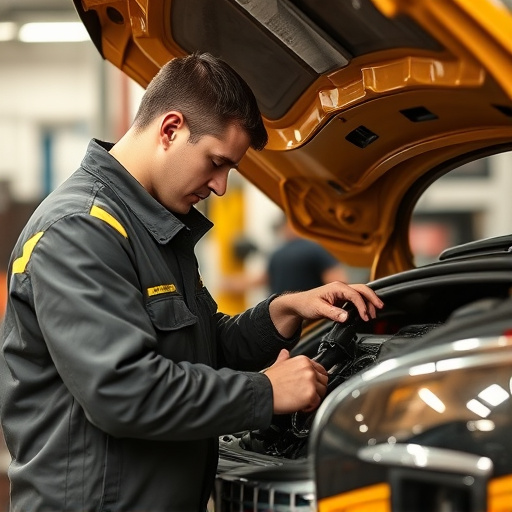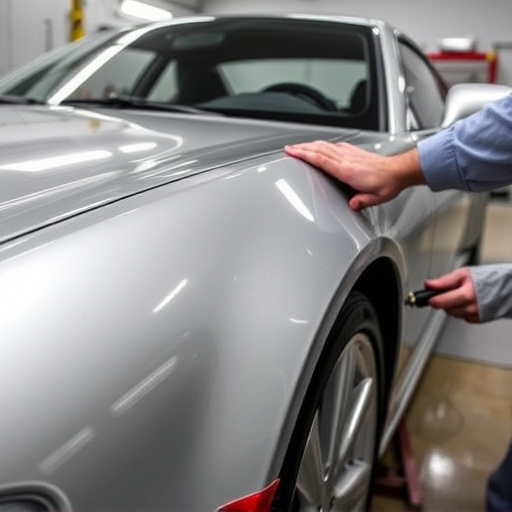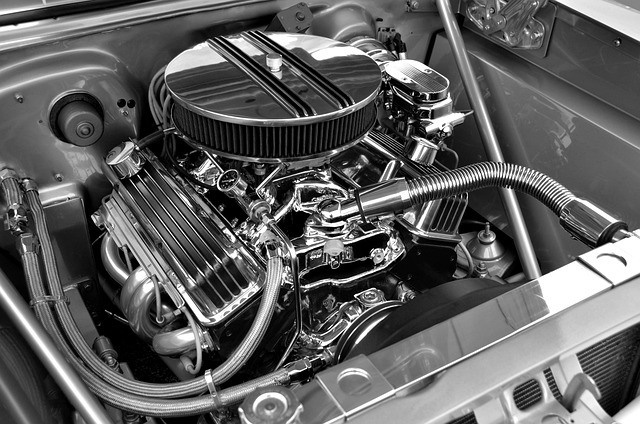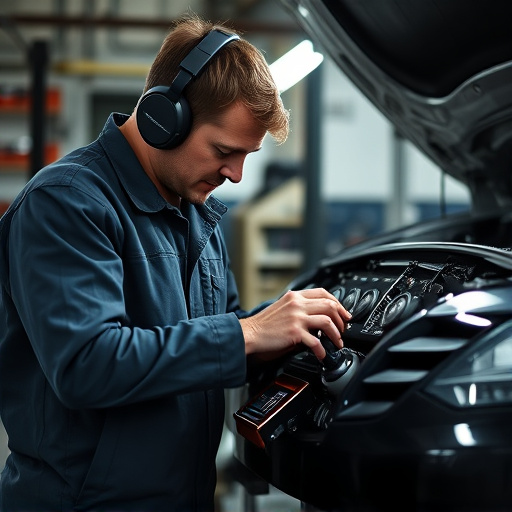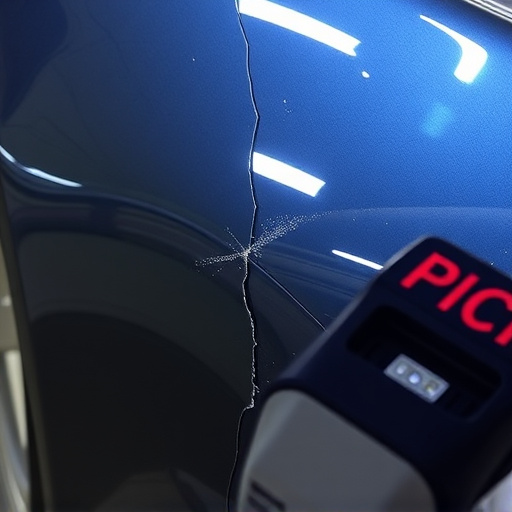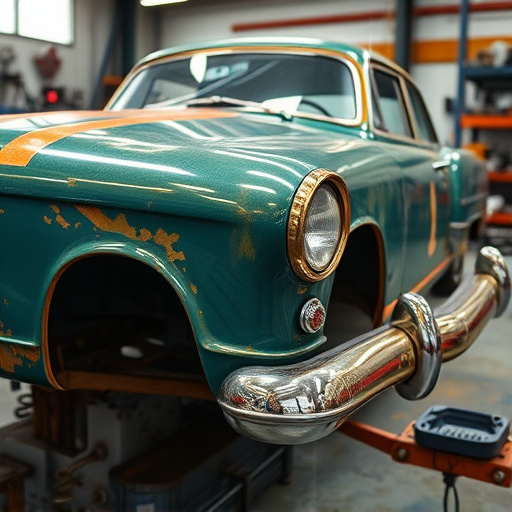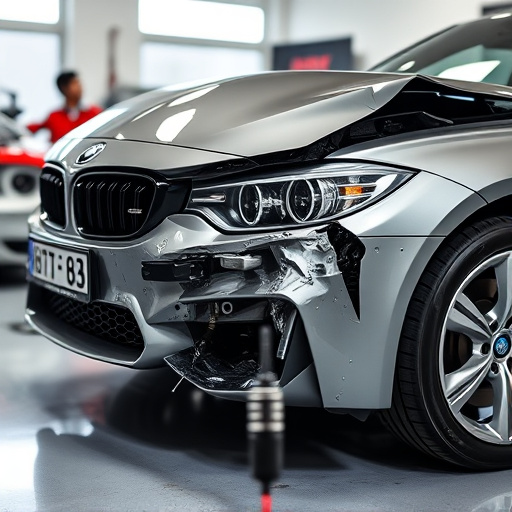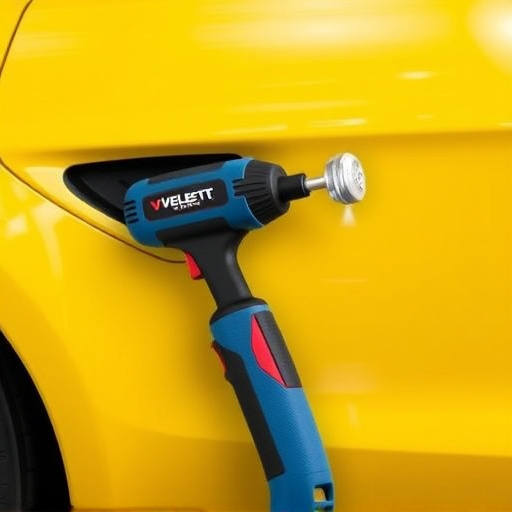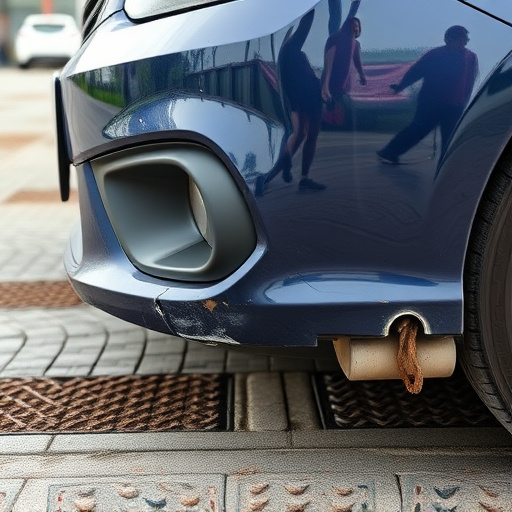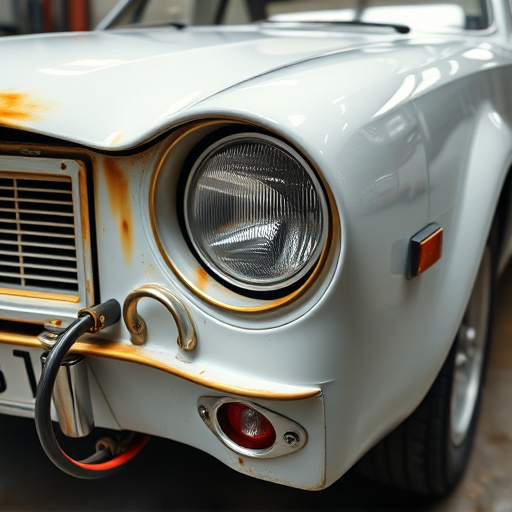Modern dealerships emphasize post-repair road testing to ensure customer satisfaction and build trust. These tests go beyond technical correctness, evaluating vehicles' performance in real-world conditions, especially after significant repairs like hail damage. By subjecting cars to rigorous simulations, shops prove quality and safety, gaining a competitive edge and providing guarantees that strengthen their reputation in the automotive industry.
“In the automotive industry, post-repair road testing protocols are emerging as a game-changer in building trust between dealerships and customers. This article explores why these rigorous testing procedures have become essential. We delve into three key aspects: enhancing customer confidence through comprehensive assessments, ensuring optimal safety and performance after repairs, and fostering transparency that builds trust. By implementing robust post-repair road testing, dealerships can deliver superior service, satisfy clients, and stand out in a competitive market.”
- Enhancing Customer Confidence Through Rigorous Testing
- Ensuring Safety and Performance After Repairs
- Building Trust with Transparent Road Trials
Enhancing Customer Confidence Through Rigorous Testing
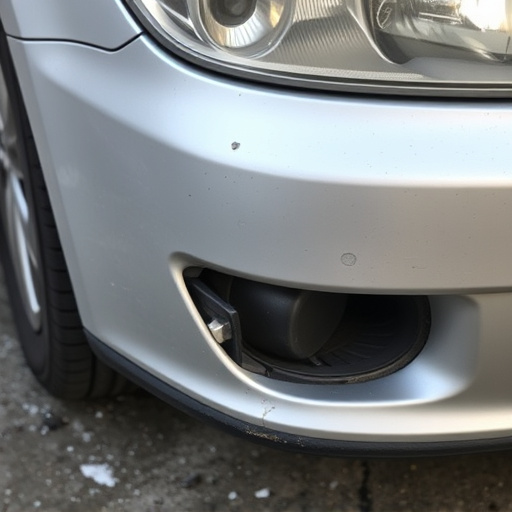
In today’s digital age, where reviews and testimonials carry significant weight, dealerships are more than ever mindful of customer satisfaction. One surefire way to gain trust and build a loyal customer base is by implementing rigorous post-repair road testing protocols. These tests go beyond simply ensuring the technical correctness of repairs, such as vehicle dent repair or hail damage repair, in an automotive body shop. They also validate that the vehicle performs optimally on the road, enhancing customer confidence in their recently serviced vehicles.
By subjecting repaired cars to extensive real-world simulations, dealerships can prove that every fix is not just visually appealing but also safe and reliable. This approach helps dispel any doubts customers might have about the quality of work, especially after significant repairs like those required for hail damage. As a result, dealerships that prioritize post-repair road testing gain a competitive edge, fostering trust among their clientele and setting themselves apart from other automotive service centers.
Ensuring Safety and Performance After Repairs
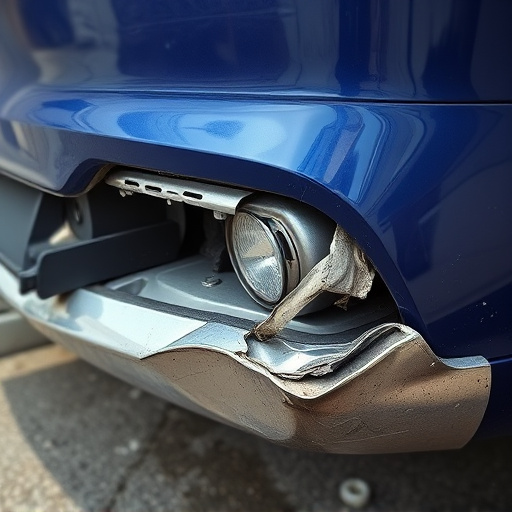
After a vehicle undergoes repairs, whether it’s for a minor fix like a car dent repair or a more complex procedure such as vehicle paint repair, it’s imperative to assess its safety and performance on the road. Post-repair road testing protocols are designed to ensure that the vehicle functions optimally and meets safety standards. These tests go beyond simply checking if the repairs were done correctly; they evaluate the overall condition of the car’s critical systems, including brakes, steering, suspension, and tires.
Dealerships trust these protocols because they provide a comprehensive picture of the vehicle’s readiness for return to the road. By subjecting repaired vehicles to rigorous post-repair road testing, dealerships can confidently guarantee their customers’ safety and satisfaction. This meticulous process not only bolsters customer trust but also helps maintain the reputation of auto repair shops as reliable service providers, especially when it comes to repairing and restoring vehicles to their pre-accident condition, such as those with auto body damage or paint issues.
Building Trust with Transparent Road Trials
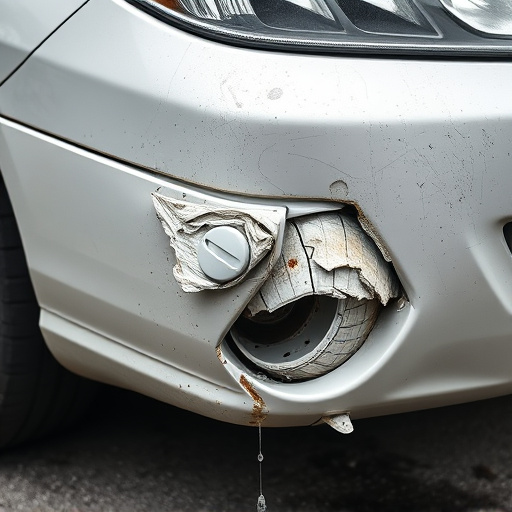
Building trust with customers is paramount for any dealership, especially when it comes to post-repair quality assurance. Transparent road testing protocols play a pivotal role in fostering this confidence. By allowing clients to witness their vehicle’s performance after repairs, dealerships demonstrate a commitment to excellence and transparency. This process involves taking the car on various routes and speeds to simulate real-world conditions, ensuring every fix is secure and effective.
Post-repair road testing goes beyond simply checking for mechanical issues; it showcases the overall restoration of the vehicle, including aesthetics like car paint services and collision damage repair or bumper repair. Dealerships that offer comprehensive testing alleviate customer concerns, build trust, and ultimately enhance their reputation as reliable and trustworthy service providers in the automotive industry.
Post-repair road testing is more than just a protocol; it’s a powerful tool that builds trust between dealerships and customers. By thoroughly evaluating vehicles after repairs, these rigorous tests enhance customer confidence in the quality of work, ensuring safety and optimal performance. Transparency through open road trials fosters trust, positioning dealerships as reliable guardians of their clients’ automotive investments. This practice not only improves customer satisfaction but also strengthens the bond between businesses and their audiences, solidifying dealership reputations in a competitive market.

